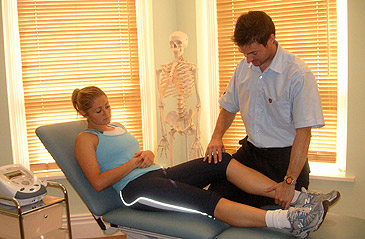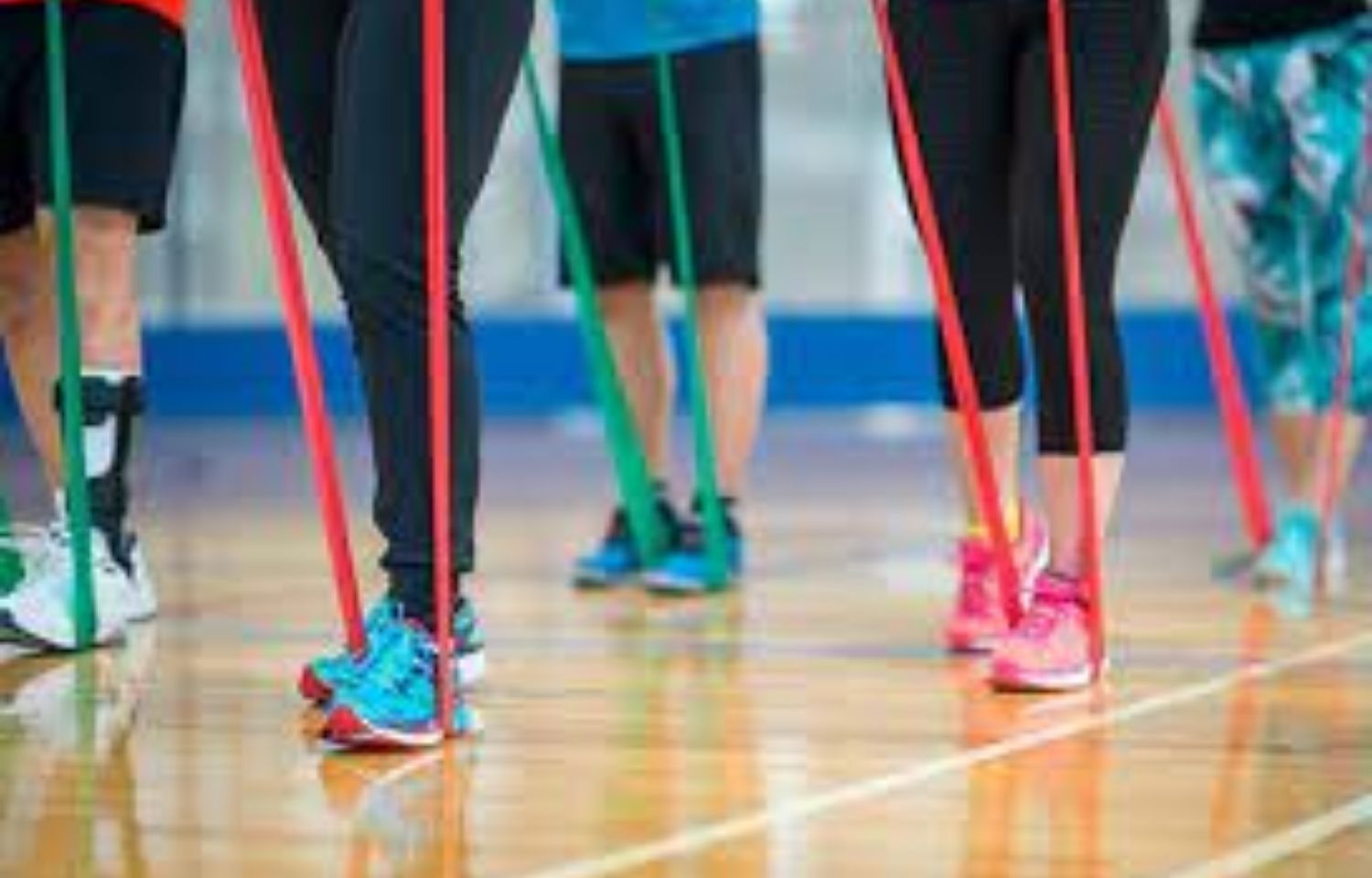Giving patients the power to make themselves better!
- 27 November 2015 - 11:36 AM
- Comment(s)

Physiotherapy, like many other healthcare professions, is reinventing itself as patients’ needs change and their interactions with physiotherapists become more holistic. Emma Stokes, associate professor of physiotherapy at Trinity College Dublin and president of the World Confederation for Physical Therapy, is well placed to understand these changes.
“The conversation with patients and clients is changing from ‘Let me tell you what you need to do’ to the solution coming from within the person. Our role is to empower and evoke change with the clients themselves,” says Stokes.
Apart from lecturing at Trinity, Stokes also trains physiotherapists in leadership and advocacy skills.
“The key is finding out how to motivate clients to change. A lot of people don’t do the exercises that a physiotherapist sets for them. So, we have to have a nonjudgmental conversation with our clients about exercise,” she says. “We need to ask questions like, ‘Were you given exercises before?’ ‘What did you find tricky?’ ‘What would be helpful this time?’ ”
Some people might prefer to follow a video on their phone while others might prefer to have detailed instructions written down for them. “It’s important to realise that my solution might not be your solution,” says Stokes.
Chronic diseases
Physiotherapists are also key practitioners on cardiac rehabilitation programmes and chronic disease management programmes. “More and more people are presenting with chronic diseases, so we have a role in managing these conditions,” she says.
She also believes that like other health professionals, physiotherapists have to address wider issues such as obesity when seeing their clients. “We need to talk to clients about their levels of physical activity, smoking and alcohol use as part of our overall assessment.”
Encouraging more physical exercise is significant. “People need to create opportunities for exercise, to be mindful of how long they spend sitting, and to build physical activity into their daily lives. Group classes work for some but not for others, so you have to be respectful of that,” Stokes says. “You have to also think about things such as set-dancing classes for people who don’t enjoy exercise, standing on the Luas home from work, and walking up stairs.”




Leave Comments